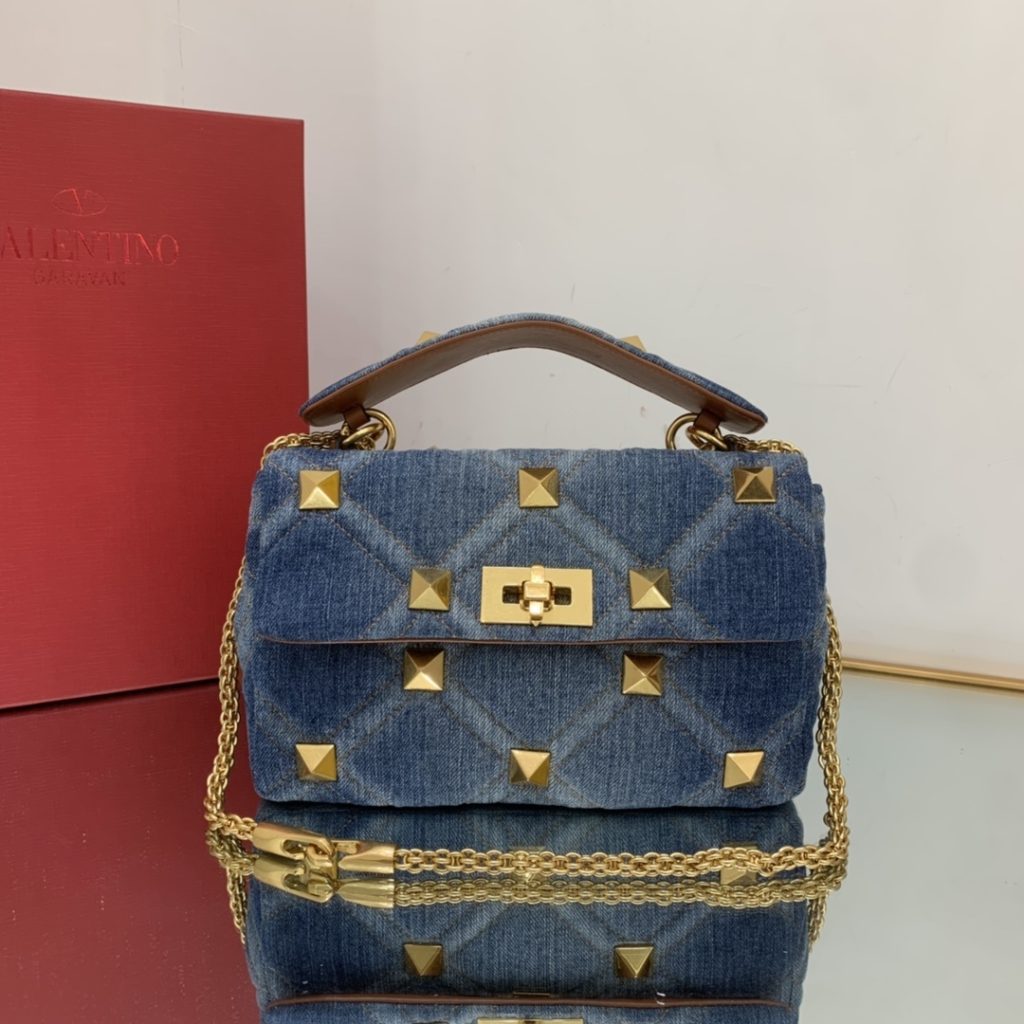Replica Bags and Designer Originals – Are They Worth It?
When considering the choice between replica bags and designer originals, the decision often boils down to a balance between price, quality, and personal values. Both options have their appeal, but each carries significant implications that go beyond aesthetics and functionality. Price is the most obvious factor driving consumers towards replica bags. Designer originals often come with high price tags, reflecting not only the craftsmanship and high-end materials used but also the brand’s prestige and exclusivity. For many, the allure of owning a bag from luxury brands like Louis Vuitton, Chanel, or Gucci is unattainable due to cost. Replica bags, which can be available at a fraction of the price, offer an opportunity to enjoy similar styles without the financial burden. This makes replicas attractive to consumers who want the designer look without the hefty investment. However, quality and craftsmanship set designer originals apart. Luxury bags are typically handmade with the finest materials—such as high-quality leather, exotic skins, and metals ensuring durability and long-lasting beauty. Many designer brands have a long history and expertise in creating pieces that stand the test of time.

The attention to detail and rigorous quality control in original bags results in products that maintain their value and appearance for years, even decades. In contrast, replica bags often use lower-quality materials and mass production techniques, which can lead to faster wear and tear. While some replicas may closely mimic the appearance of designer originals, they often lack the durability and refined craftsmanship of the real thing. Ethical concerns also play a significant role in this debate. Purchasing a replica bag can raise questions about intellectual property theft and the support of unethical business practices. Designer bags are protected under intellectual property laws, and creating replicas is essentially an infringement on those rights. Furthermore, the production of counterfeit goods is frequently linked to unsafe working conditions, exploitative labor practices, and funding for illicit activities. Consumers who value sustainability and ethical consumption may feel uncomfortable supporting the counterfeit industry. On the other hand, supporting designer brands might align better with their values, as these companies are often committed to fair labor practices and environmental sustainability.
Brand value and prestige are other elements to consider. For some, owning a genuine designer Fake Bags is more than just a fashion statement it is a symbol of status, success, and personal taste. The exclusivity and reputation of owning an authentic luxury item cannot be replicated by a counterfeit. Designer originals often hold their value over time, and certain styles can even become valuable collector’s items. For those who care about fashion heritage and are invested in the luxury market, the emotional and financial investment in a designer original may be worthwhile. Ultimately, the decision between replica bags and designer originals comes down to individual priorities. If budget constraints are the primary concern, replicas may offer an affordable alternative for achieving a high-fashion look. However, for those who value quality, craftsmanship, ethics, and brand prestige, investing in a designer original can be a more fulfilling and enduring choice. Each option comes with its own set of trade-offs, and understanding them can help guide a more informed and thoughtful decision.